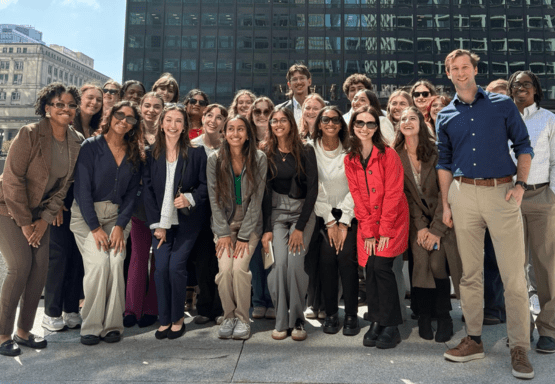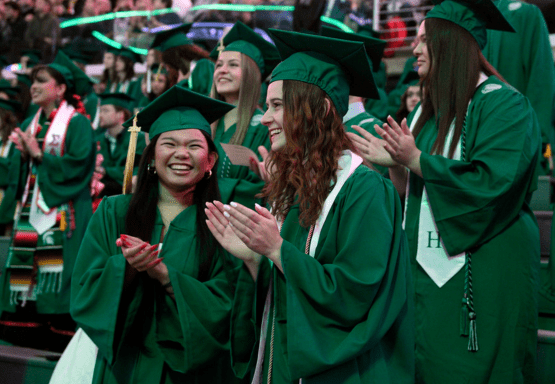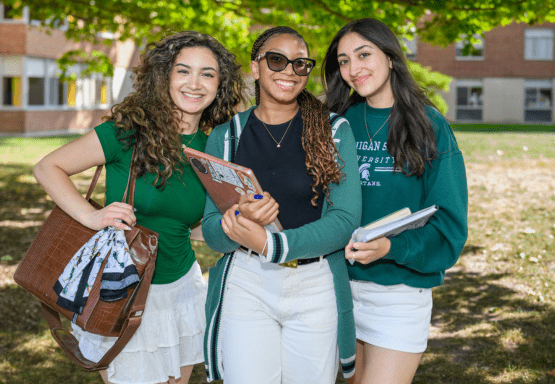The following content was originally published in January 2022 and has been edited and updated for 2023.
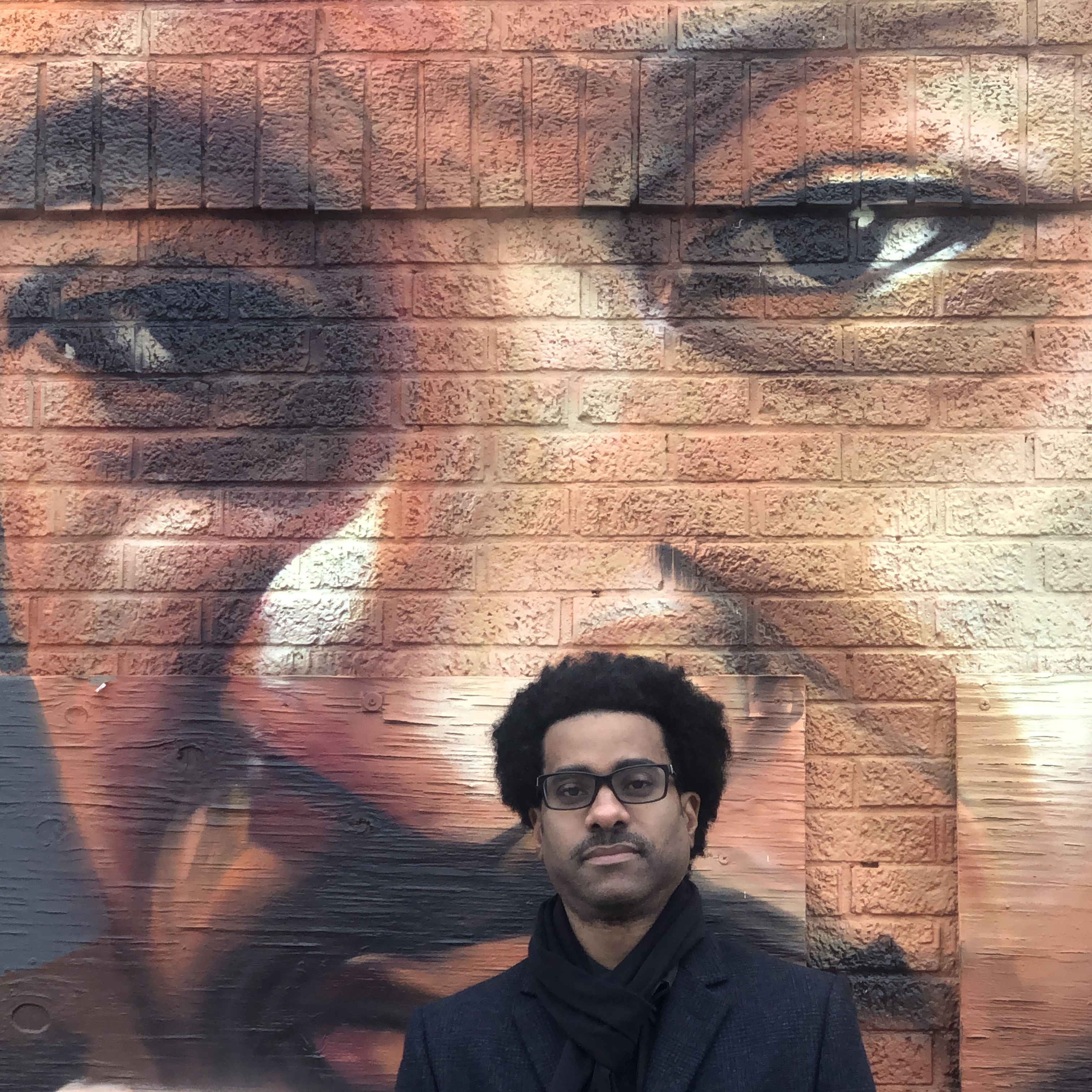
As we honor Dr. Martin Luther King Jr. this holiday weekend, I am reminded of the historical underpinnings that connect Michigan State University to Dr. King’s vision. In 1965, it was on our campus that he delivered a speech to the MSU community. In this address, he discussed problems that plague our country: economic inequality, police brutality and the need for federal legislation that secures the right to vote for all.
Feb. 11th marks the 58th anniversary of Dr. King’s visit to MSU. How much has changed since that day? How has Dr. King’s vision for America materialized?
In many ways, the challenges he discussed persist. Economic inequality continues to manifest through racial and gender pay disparities. Unarmed, minoritized individuals continue to suffer police brutality, and voting rights — still — are at risk.
On an institutional level, recruitment and retention of minoritized faculty and students, and sense of belonging within the university, are challenges leaders in higher ed continue to address.
To think these problems would cease to exist is naïve, but we must always examine how we can push the needle of justice further.
Over the last several months, I have worked closely with faculty, staff and students across campus as a co-chair for the MLK Planning Committee. The 43rd Annual Dr. Martin Luther King Jr. Commemorative Celebration begins tomorrow, January 12th and continues through Friday, January 20th. I encourage you to participate in honoring Dr. King’s legacy by attending one or more of the activities on campus.
Dr. King credited a great deal of trust for improved societal conditions in the commitment and advocacy of young people. Despite the civil rights challenges which persist today, Dr. King’s faith in young people provide me with the same reassurances and hope for progress at the institutional and broader societal levels. However, my trust in advancement is stronger than hope; it is based upon experience. I have seen firsthand the commitment and desire that Spartan students have towards effecting societal change.
Social change cannot rest solely on the shoulders of young people. It must be the charge of the entire MSU community to provide a climate that advances equity, a sense of belonging and the academic knowledge that will provide our students with the proper tools to implement change. While diversity, equity and inclusion administrators may lay the blueprint for culture change, it is the charge of the entire MSU community to see these plans through.
During Dr. King’s MSU address, he also emphasized the dangers that exist when citizens feel they have no voice. As the assistant dean for diversity, equity and inclusion in James Madison College, I continue to push the needle of justice and help Dr. King’s vision come to fruition by mentoring students and building upon their ‘coalition of conscience.’ Among these students are future law enforcement officers who will establish trust within their communities, future legislators who will bridge economic disparities and concerned citizens — who are already, or will soon be — exercising their right to vote.
As we celebrate Dr. King’s legacy, I urge you to consider his words: “The moral arc of the universe bends at the elbow of justice.” Keep pushing the needle.

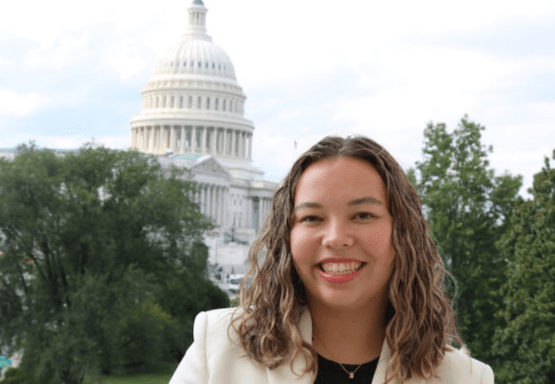
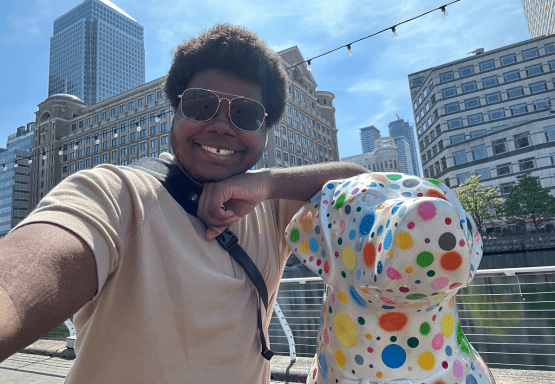
.png?h=384&iar=0&w=555)
